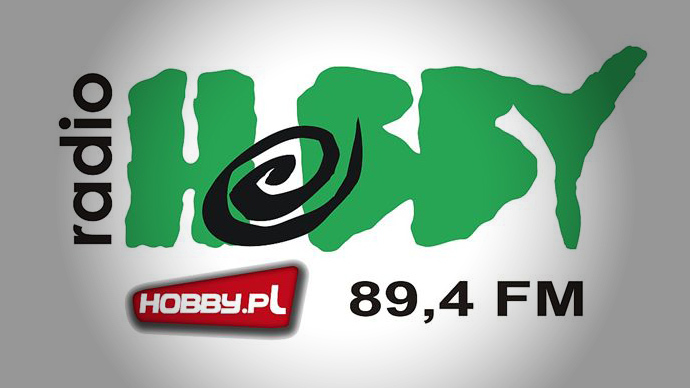Poland’s media watchdog may revoke local radio license after station aired Russian shows

Poland’s media watchdog has launched a procedure to revoke the license of Radio Hobby which airs Russia’s Sputnik news agency’s radio shows. The radio station’s founder believes the move is politically motivated.
Poland’s National Broadcasting Council (KRRiT) said in statement on Monday that it had passed a resolution to “initiate the procedure for withdrawing licenses granted to Radio Hobby.”
The radio station, based in the town of Legionowo, has been airing Sputnik shows for one hour a day (from 9:00pm to 10:00pm local time) under an agreement signed three years ago with the Voice of Russia radio network, which preceded the Sputnik news agency until November 2014.
The Polish watchdog said that Radio Hobby has broken a broadcasting law by “handing over some of its authorized airtime to a third party, thus forfeiting its right to influence the content and presentation of the broadcast material.”
Radio Hobby’s founder Pawel Kubalsky believes the Polish watchdog’s move is politically motivated.
READ MORE: Falling out of mainstream? German channel probed for broadcasting RT show
“I think it could be a political move,” Kubalsky told RT. He added that the show contained political information that is “not accepted by the Polish government.”
“Everyone has to have the opportunity to be able to receive another point of view,” he said.
He however said that he believes democracy in Poland is strong and the radio can defend the right to have its broadcasting license.
Margarita Simonyan, editor-in-chief of RT and Rossiya Segodnya agency, which includes Sputnik, slammed the move, but said she was not surprised.
“Poland did not surprise [me] unfortunately. It’s a pity that those who shut one alternative show after another still believe they live in a democracy,” she said.
However, Sputnik said that their office has not “received any notification regarding the termination of the contract for broadcasting.” In its statement it expressed hope that the Polish watchdog will “act in strict compliance with international law.”
It added that Sputnik’s editorial policy “is based on the fundamental principle of freedom of speech. Sputnik offers diverse perspectives on international issues, including telling the untold.”
The conflict with the Polish broadcasting governing body comes shortly after Latvia postponed the review of Sputnik’s registration papers for the third time in past three months.
Sputnik news agency and radio is an international multimedia news service launched in November 2014 by Rossiya Segodnya agency.
Unfolding media war?
This is not the first time local European authorities implement such measures against Russian media aired abroad.
Recently, Salve.TV in Germany was probed by a local media watchdog after the channel broadcast an RT Deutsch show 'The Missing Part' ('Der Fehlende Part'). The investigation was initiated by German lawmakers who said that the show was biased towards Russia.
READ MORE: EU drafts plan to counter Russian media ‘disinformation’, targeting RT
In June, the EU Foreign Service drafted an action plan to counter what it sees as “Russian disinformation activities” calling for the promotion of EU policies in the post-Soviet space.
The EU plan specifically mentions RT, which it says broadcasts “fabrications and hate speech from their bureaus in EU cities.”
In response to the move, the Russian Foreign Ministry lashed out saying that the proposed plan is violating the right to freedom of expression and creating conditions of total discrimination against Russian media.
The precedent in Poland is quite dangerous and seems to be part of the unfolding media war, believes investigative journalist Tony Gosling.
“And yet media don’t seem to understand and the government [too] how important it is to have free media to keep the people behind you. And that’s what happens when you start banning foreign broadcasts –the local population starts to realize that the government is trying to control what we see and hear,” he told RT.












